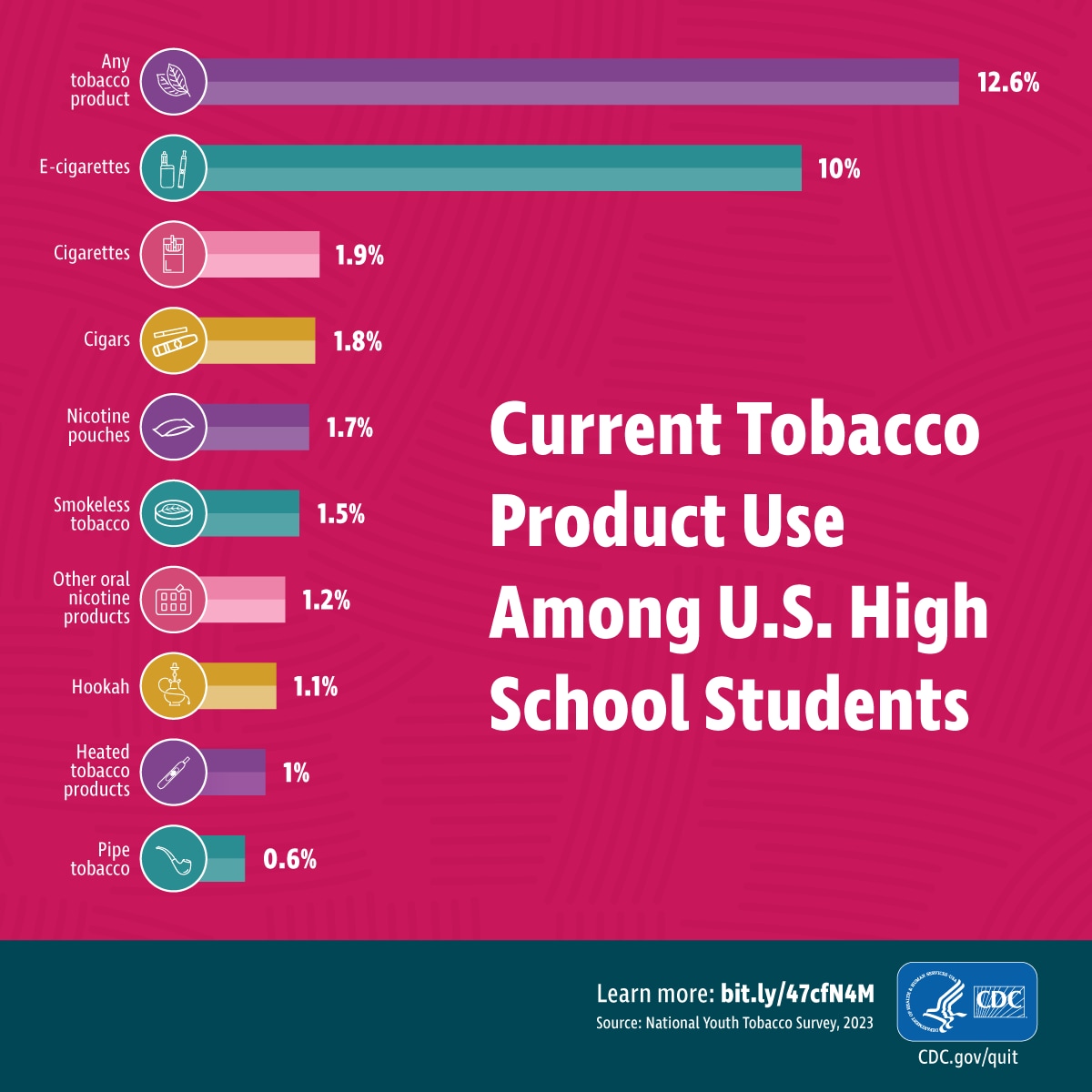"Computer occupation" is a very broad term and not indicative of the high-skill positions that are largely populated by foreign-born workers who obtained doctorates in the US.67% of people who work in a computer occupation that requires more than a bachelors degree in the were born in U.S. (). Further, this reasoning is partially circular - foreign-born individuals that desire to stay in the U.S. who aren’t applying on a family reunification greencard have very few career choices available to them to stay in the U.S. - computer occupations being the main one
No. It doesn’t.
71% of US STEM workers were born in the United States and 86% of US workers writ large were born in the U.S.
You will observe that the "very few career choices available for them to stay in the U.S." is actually by design and is in place to support the demand for high-skill workers that cannot be produced domestically.
Regarding your denial of the miserable state of the US education system: the average SAT score is 1028, per a cursory web search. The SAT is a very easy test, and the average should not be 1028. The average on the SAT math section is 521. Given that the SAT math section deals only in algebra, it is extremely concerning that the SAT average is so low. The number of students who attend college and then are unable to perform at a satisfactory level in entry level math classes (primarily introductory calculus) is also concerningly high.
Besides mathematics there are similar issues in reading and writing abilities. My experience in entry level writing courses (primarily basic essay writing) in colleges is also very concerning, and many students seem to struggle to construct a simple "claim -> reasoning -> conclusion" essay.
"STEM workers" is also a remarkably broad field, and frankly includes many fields that are easy. I once again point out that many fields that are hard and require a high standard of mathematical ability are not populated by US born workers. Of course, there are not that many jobs that require a high standard of mathematical ability. However, the fact that US born workers seem to be decisively outcompeted for these positions by foreigners is concerning. I would also like to see your source for that statistic so I can see how "STEM worker" is defined.
I will make a comment on your general posting style. In your posts you seem to rely very heavily on statistics. I must caution against using statistics so freely in arguments regarding things such as the state of the US education system. The issue is that the definitions used in the gathering of statistics are poorly defined.
For example, "meeting academic standards" is a statistic that seems high, but in reality, is quite abysmal once the definition of "academic standards" is made clear.
Similarly, "STEM workers" is a statistic that seems very useful, but is defined by the Bureau of Labor Statistics as
Looking at the BLS' breakdown of these numbers, as well as the BLS' ranking of the top 10 subfields within "STEM workers" we see that many "STEM workers" are in fact customer-support oriented, in either "software developers, application" (webpages, app UIs, etc.), "Computer user support specialists" (tech support), "Computer systems analysts" (tech consultants for companies), "Computer system administrators" (the IT department), etc. These occupations are notionally STEM occupations, but in reality, barely engage any serious STEM thinking and should not be considered in discussions about high-skill labor that requires a high level of education.Science, technology, engineering, and math (STEM) occupations include computer and mathematical, architecture and engineering, and life and physical science occupations, as well as managerial and postsecondary teaching occupations related to these functional areas and sales occupations requiring scientific or technical knowledge at the postsecondary level.

